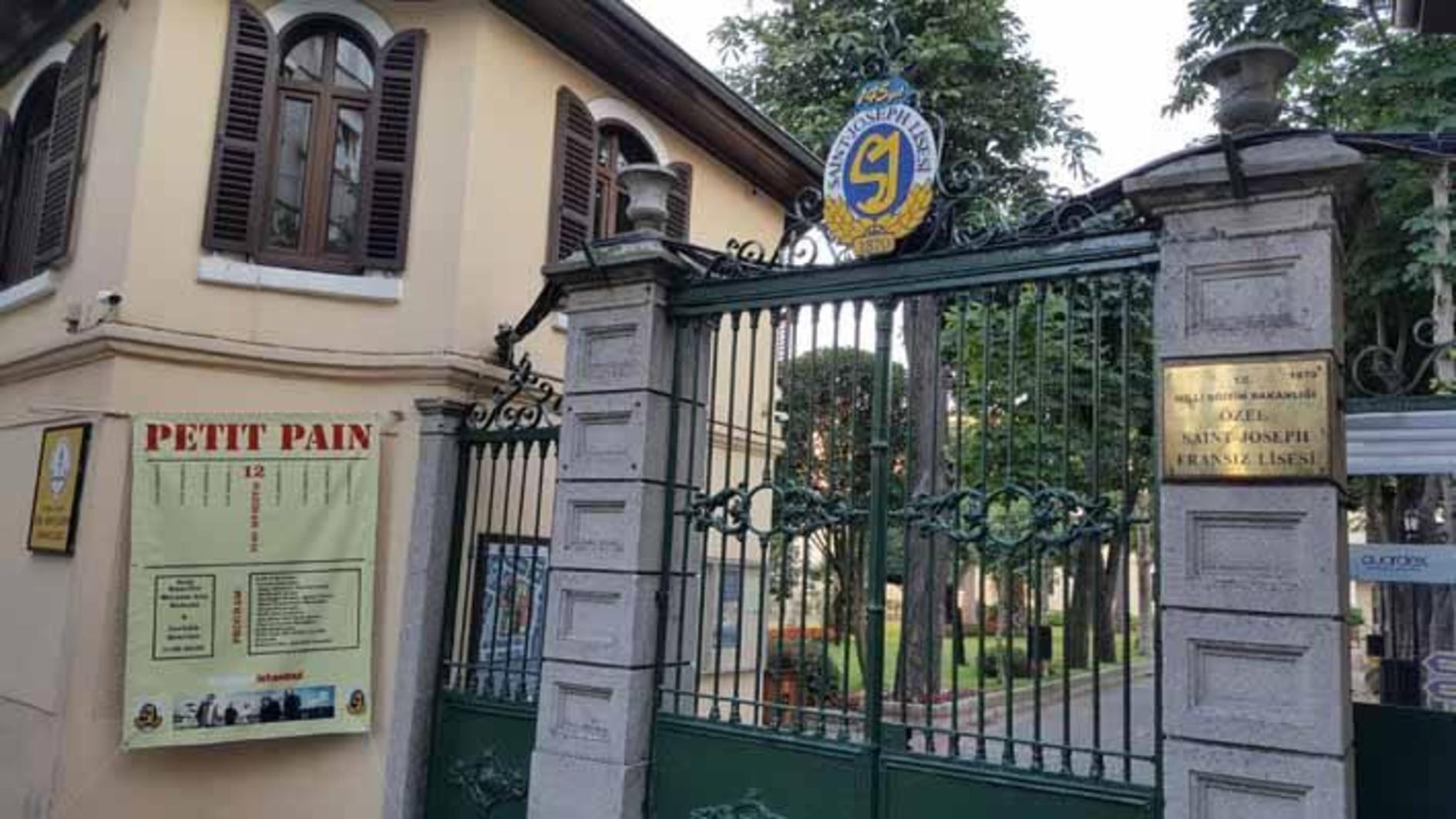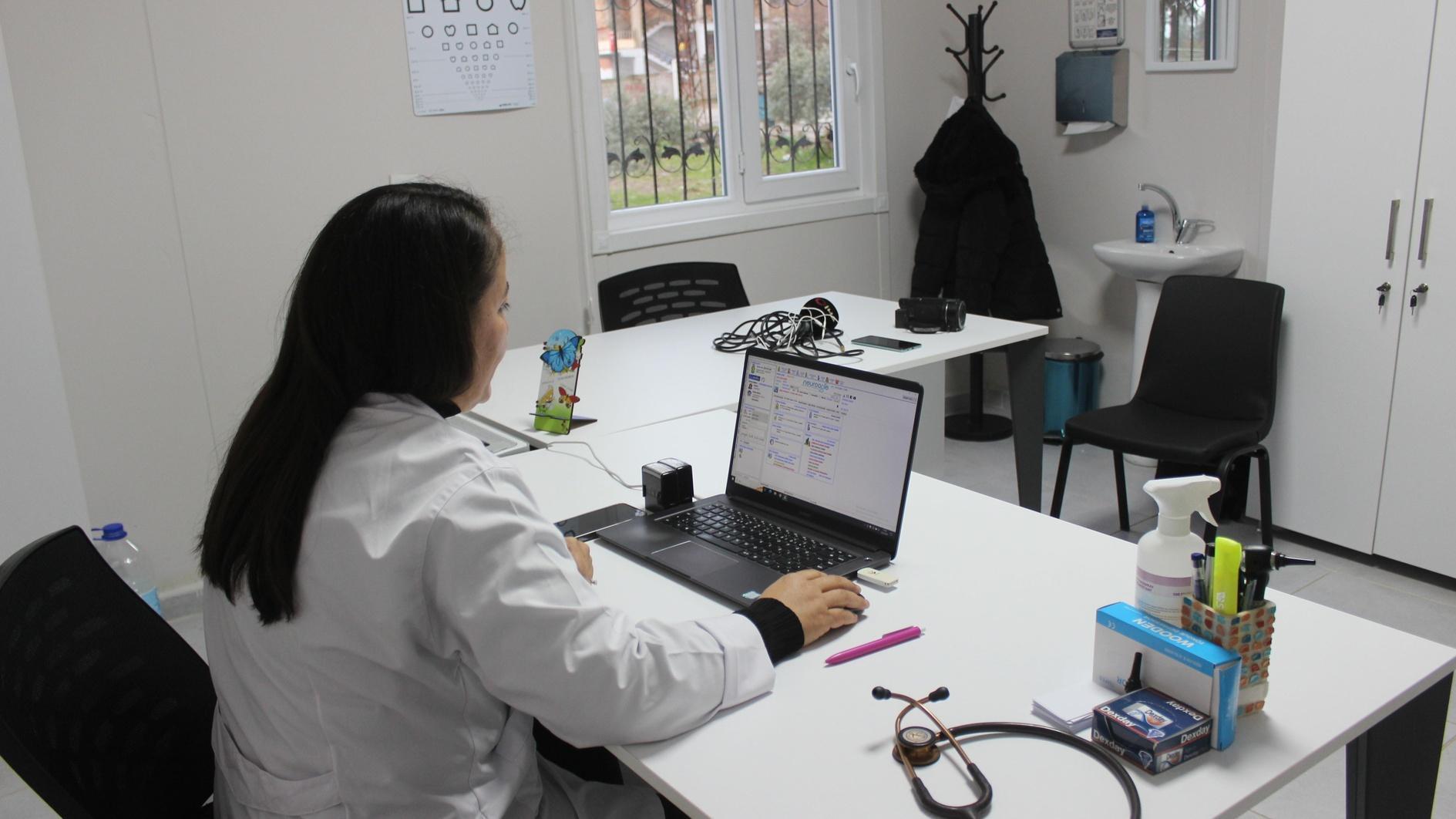Gezi protesters brought Turkey closer to the EU
I saw it in the office of Professor Seyfettin Gürsel when I recently interviewed him. The cartoon on the wall belongs to Piyale Madra; whose drawings reflect tremendous wit and humor and can be witnessed each day in the Daily News on page 13.
The first shot shows a man slapping and beating a woman. In the next one, we see the women slapping and beating the man shouting, “It is because of you that we cannot enter the European Union!”
This reminded me of the Gezi events and the effects it had and will have on Turkish-EU relations.
The Gezi protesters, who were seen across the worldwide as peaceful, despite all the demonizing efforts of the Justice and Development Party (AKP), have, according to the evaluations of Europeans, brought Turkey a step closer to EU membership. Ironically, the harsh response of the government has at the same time showed how Turkey still falls short of fulfilling membership criteria.
It is interesting to observe the remarks of the Gezi events in the European Commission’s progress report due to be made public on Oct. 16.
First of all, the Gezi events were not treated under the chapter of the Copenhagen criteria. The progress report will underline that the authorities' harsh crackdown was not aligned with the EU’s regulations and practices; however, the issue was not dealt with in the chapter of the Copenhagen criteria in order not to overshadow the message that Turkey still fulfills the political criteria necessary to continue accession negotiations.
In addition; the Gezi events have prompted the Commission to create a separate chapter in the progress under the headline “civil society.” As has been voiced by prominent German politician Ruprecht Polenz, as well as the Commission’s envoy Jean-Maurice Ripert, the Gezi events showed the “Europeanization” of Turkish civil society, or at least a sizable part of it.
Put very simply, you need to be a fully functioning democracy to be a member, the prerequisite of which is a strong civil society. This civil society should not just be vibrant in terms of philanthropy, but also active in terms of participating in anything that relates to daily life, without limiting its action to just going to the ballot box during election times.
That’s why the Gezi protesters brought Turkey closer to the EU and the Commission felt the need to open the way to start negotiations on chapter 22, which were suspended last June due to the anti-democratic reaction of the government. After all, the government has still not shown any regret and the investigations that have been initiated by the Interior Ministry over the disproportionate use of force have not resulted in anything that will be noted in the progress report. The Commission did not want that the government’s non-repentance to jeopardize the possibility of giving a small momentum to the negotiations which have been stuck for the past three years.
The Commission, of course, could not have done otherwise. It is trying to use every possibility to alter the stagnation, a very difficult task in view of the elections coming not only in Turkey, but in the European Parliament as well.
Probably it is also due to the wish to give positive messages that the Commission included the recently announced democratization package, which has still to yet to reach Parliament; an exceptional step for those preparing the report, which usually only include reforms that have completed their legislative procedures.
Jean-Maurice Ripert did not hide the fact that this year they had made more efforts to underline the positive aspects of the Turkish-EU ties, and this effort might bear fruit as it is likely that the Turkish observers will also find it balanced.











